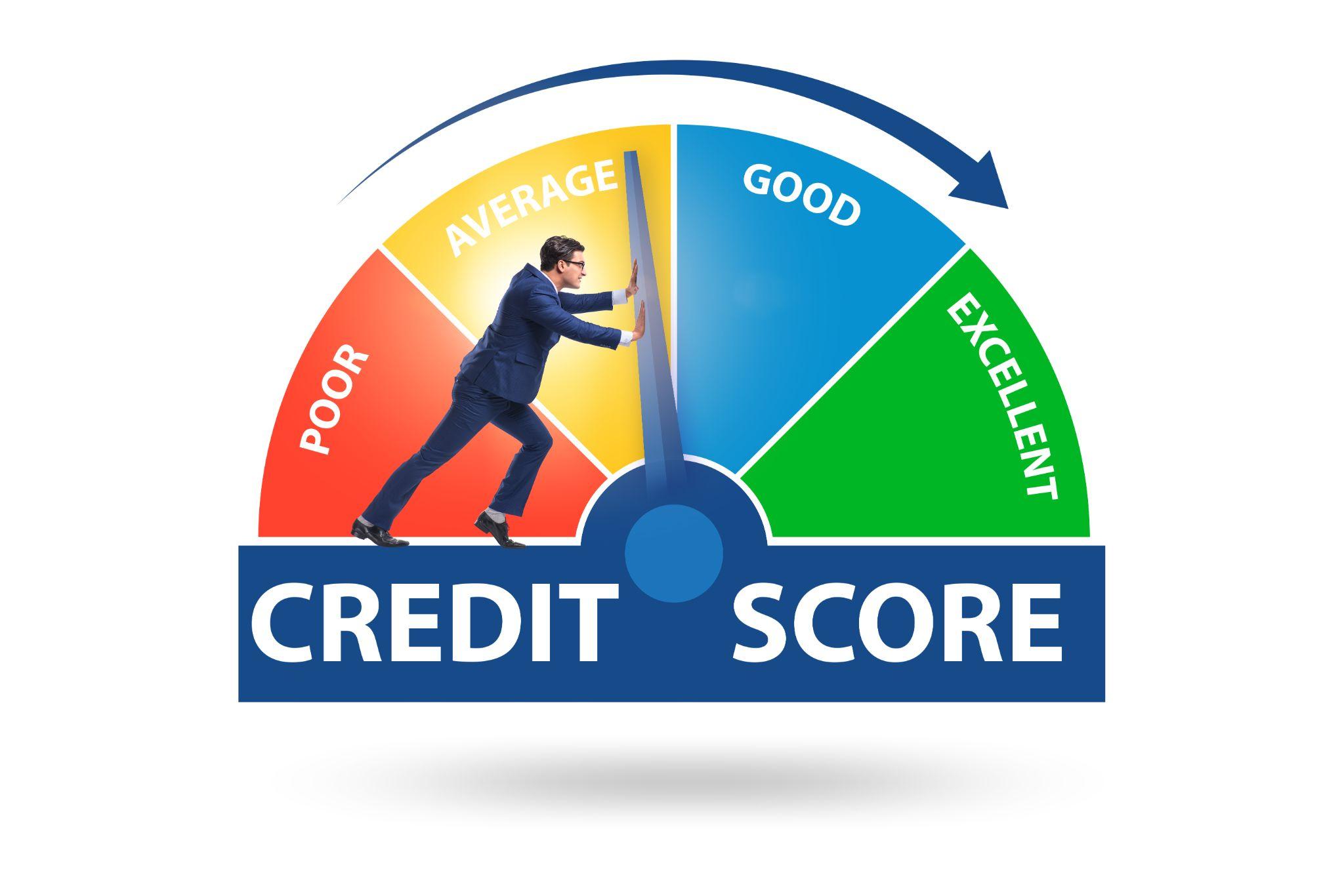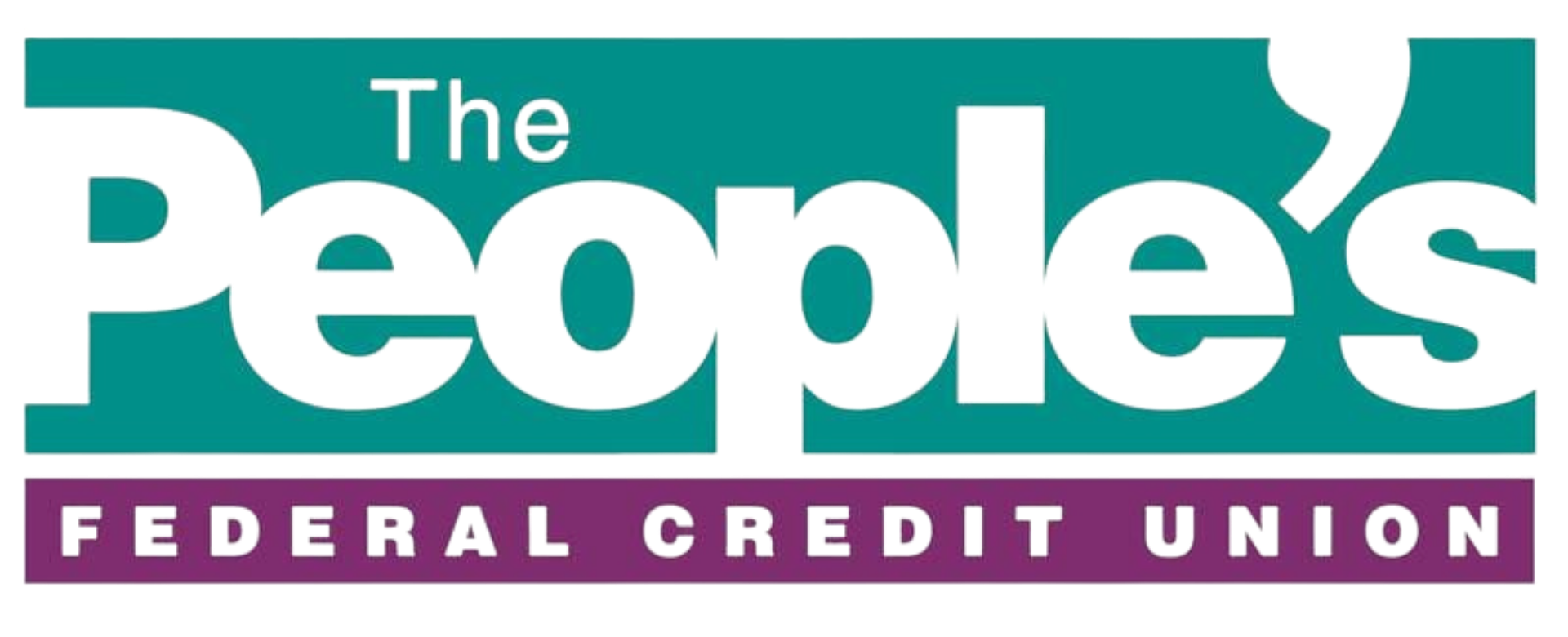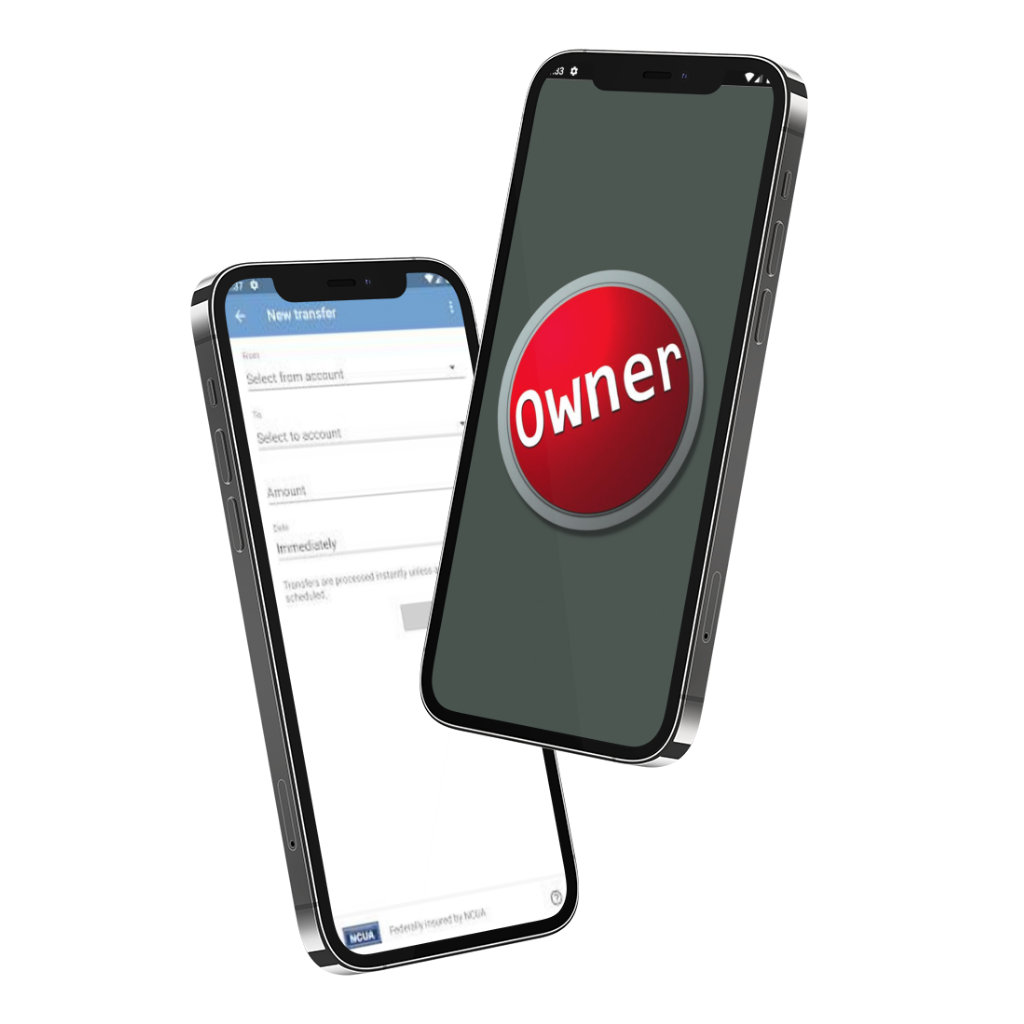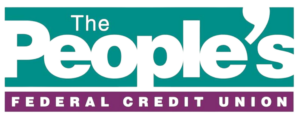Anytime you need a line of credit when applying for a new credit card or buying a car or a home, lenders will pull your credit history and review your credit score. If you have a marginal or low score, it could result in either being turned down or paying higher interest charges. Before you apply for car loans or other types of credit, improving your credit score is a good idea.
In today’s world, having a good credit score also improves your access to job opportunities and in-demand rentals and can lower your home and auto insurance rates. Learning how to improve a credit score will help you recover or build credit responsibly. Improving your credit scores can improve your quality of life.
Review Your Credit Reports and Understand Your Score
You can obtain a free copy of your credit reports annually from all major credit reporting agencies, but checking your credit score more often is strongly advised. You can also get your report for free if you were denied credit. Negative reports remain on your credit bureaus (Equifax, Experian, and Transunion) until they expire or are removed.
It helps to know how credit scores are calculated. The following factors affect your credit scores and are used when calculating a credit score, such as your FICO score:
- Payment history
- Credit utilization rate
- Credit age
- Credit mix
- Hard inquiries
- What you owe
Dispute Any Errors on Your Credit Reports
Look through your credit reports and check for errors and inaccuracies. If you find anything wrong, dispute it so it can be removed and/or corrected. After about seven years, negative marks should fall off your credit reports. The credit bureaus have 30 days to investigate and respond to reported errors.
Some examples of errors that can drastically damage your credit score include:
- Payments marked late that were made on time
- Someone else’s credit history appearing on your report
- Bankruptcies or other negative records older than 7-10 years
Pay Down Revolving Balances
Try to keep your revolving balances at or below 30% of credit limits on cards. For instance, on a credit card with a $3,000 limit, you would not want a balance over $900. The more available credit you have on revolving accounts, the stronger your credit score can be.
Paying the minimum won’t get you very far. Budgeting for higher payments is a good idea. To make this easier, you can make multiple monthly payments to your credit card, which is easy to do if you pay online. Even if you don’t pay off your balance right away, having lower balances on your credit cards will reduce your credit utilization ratio.
Request a Credit Limit Increase
If you have a history of on-time payments, you can request a credit limit increase on revolving accounts to help get your balances closer to 30%. However, it is important to not use the new increases and charge up your cards. That can reflect negatively on your credit report because increasing your balance in tandem won’t help with credit utilization.
For most credit cards, you can request a credit limit increase via your online account or over the phone; you may need to provide your annual household income to apply. When you are considering how to increase a credit score, this approach works quickly; however, it may not be approved if your score is too low.
Keep Revolving Lines of Credit Open
Canceling a credit card account because it’s paid off will end up hurting your credit score. Because the average age of your credit accounts is a factor in your credit score, you want older lines of credit to stay on your credit bureaus’ (Equifax, Experian, and Transunion) reports. You’ll likely have a stronger credit score if you keep paid-off cards active, especially if you’ve had that credit card for a long time.
As you navigate how to raise your credit score, a better option would be to use the existing line of credit to pay a recurring bill, like your electric bill, and then just pay the balance off each month to avoid interest. Applying for too many new credit cards in a short time can also hurt your credit score. Hard inquiries cause it to drop (soft inquiries don’t have an effect). Several hard inquiries over a short period is seen by lenders as a risk.
Make Your Payments on Time
On-time payments establish your credit history and raise your credit score. A late payment can reduce your credit score quickly, as payment history accounts for 35% of your FICO score. It will also stay on your credit report for at least seven years. You can contact your creditors and request a due date that works best for you. This way, you can space out when bills are due so they are easier to pay on time.
A creditor will report a late payment to the bureaus if it’s more than 30 days past due. Pay it as soon as you can. If you are experiencing a hardship, you can also politely ask the creditor to not report the missed payment and make a payment plan to get current. Whether they oblige or not, do your best to get the account current because the impact to your score increases at the 60- and 90-days late mark as well.
Make Payments Strategically to Boost Your Credit
The first step to boosting your credit is paying your bills on time, of course. Late payments have an immediate and long-lasting negative effect on your credit score. However, where you put additional payments is important too. Pay down revolving credit card balances to 30% of their credit limit, first, to improve your credit utilization rate as well.
Once your credit utilization is in line with your credit limits, focus on paying down the highest interest-rate cards before those with low rates. Many people find it helpful to pay the minimum payment plus the interest that accrues each month, which allows their payment to apply to the principal balance and results in a faster payoff.
Be Added as an Authorized User
If you are added as an authorized user on an account held by someone with a high credit limit and excellent payment history, you can boost your score by being listed on one of their credit accounts. If a friend or family member is willing to list you as an authorized user, your score benefits from their excellent credit.
You don’t need to use the other account or even have a way to access it. This is a legal way to piggyback on someone with established credit to improve your own score. Choose an account that reports to all the major credit bureaus for the best results. This is a good strategy for those with “thin” or nonexistent credit histories who need to raise their score quickly to qualify for a credit card or loan of their own.
Negotiate with Collection Agencies
If you have past due accounts that have gone to collections, you will need to deal with these right away. Collection agencies use the reporting systems widely, as well as the threat of legal action, and they are professionals at collecting on debts. This means that they may be well motivated to agree to removing the negative credit report (called a goodwill deletion) when you pay off the past due debt plus any charges
If you are willing to speak with them directly and settle the matter, they can be reasonable in order to attain their goal. These companies understand the seriousness of the negative marks they have placed on your record. Ask for written agreements and payment receipts to make sure that there is as little lasting damage to your credit as possible.
Once an account in collections has been paid off, it stops affecting your credit score in some models like VantageScores and recent FICO models, but might still persist and lower your score in the more widely used FICO 8 model. If it is at all possible to have the negative collection activity removed, work with the company to do so.
Get a Secured Line of Credit
When you are looking to rebuild your credit score or establish credit for the first time, a secured credit card can be a great step toward building a positive payment history. The term “secured” means that it is backed by a cash deposit. Your credit limit may be the same as the money you deposited.
A secured account will show up on your credit report, as will your on-time payments. It can be used to build credit when you have no history or to dilute the impact of negative credit history as it ages. It is also a great opportunity to practice keeping your balances below 30% of your limit and the other credit strategies outlined above.
Add a Car or Home Loan
A credit mix can help boost your credit score. This means your debt includes more than just credit cards. A secured loan is based on the value of the asset you are purchasing and places a lien against it. For example, a mortgage can help increase your credit score because home loans are secured by the value of the real estate itself. Car loans are similar and easier to obtain, and they will help you build a long-term credit history.
However, failing to make secured loan payments on time will result in more than just a bad credit score; you could lose your home or your vehicle. This strategy is a good one if you are secure financially and ready for investment. Owning a home allows you to build equity against a valuable asset, and the payments you make will result in something of value when it is paid off.
Partner with Your Credit Union

Improving your credit score is a process, and having resources and guidance will help you achieve your goals. Credit unions focus on a community approach to financial security for all their members. While banks are for profit and report to investors, credit unions are nonprofit financial institutions with shares held by the members themselves.
By returning the profits in the form of lower interest rates and higher dividends, your credit union partners with you for everyone’s benefit. At TPFCU, The People’s Federal Credit Union, we help our members rebuild their credit and get back on track with the services you need and the help you deserve.
Founded in Amarillo TX in 1953, TPFCU has over 23,000 members and five branches, including Canyon and Childress. For more tips on how to boost your credit score or to learn about personal loans, mortgages, auto loans, secured credit cards, or other lines of credit, please feel free to stop by your nearest TPFCU branch today or contact us at 806-359-8571.








